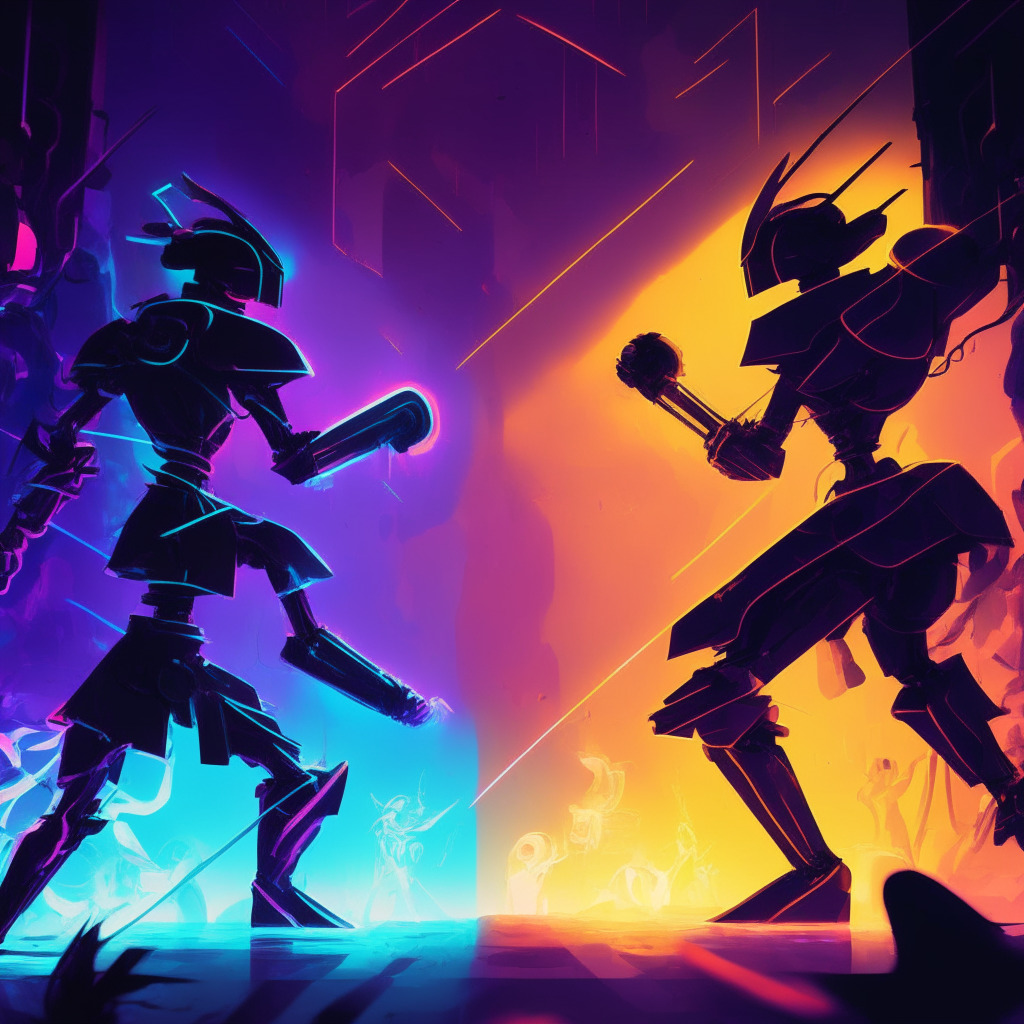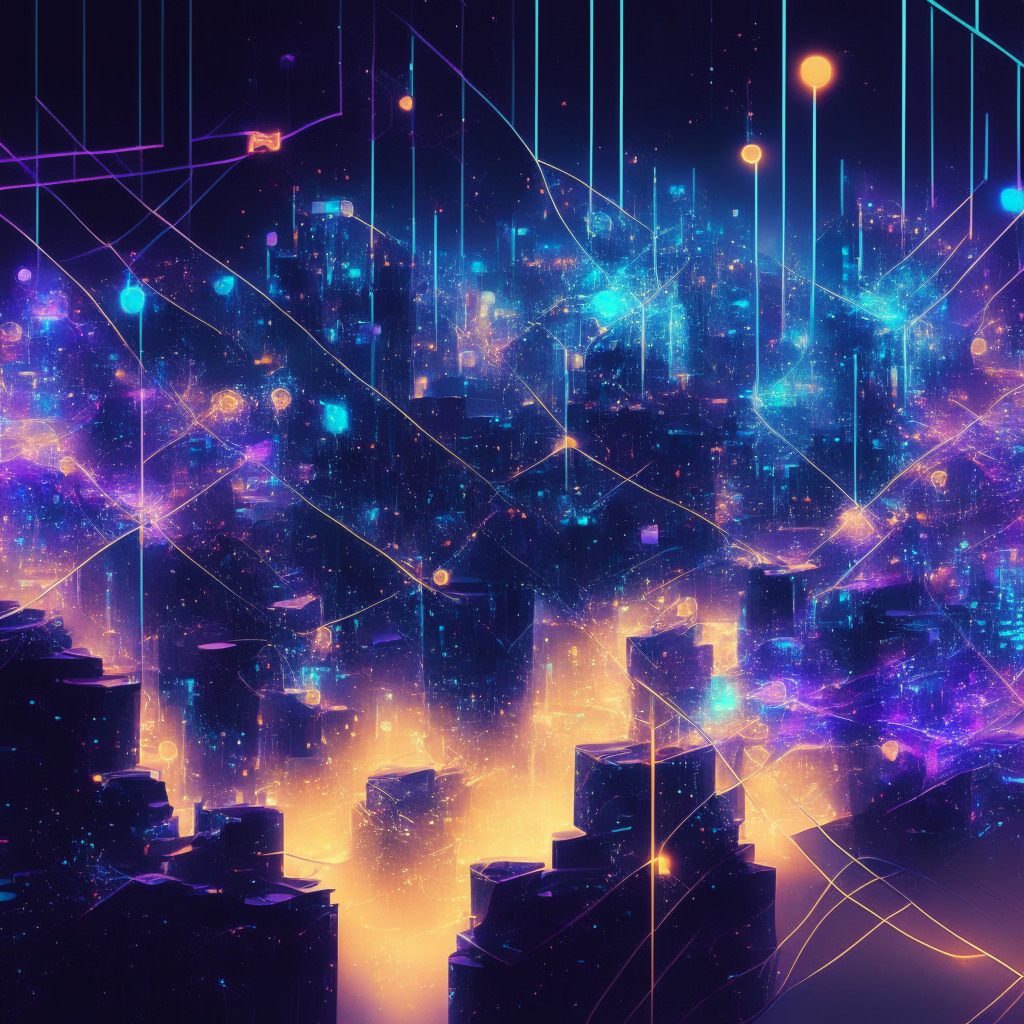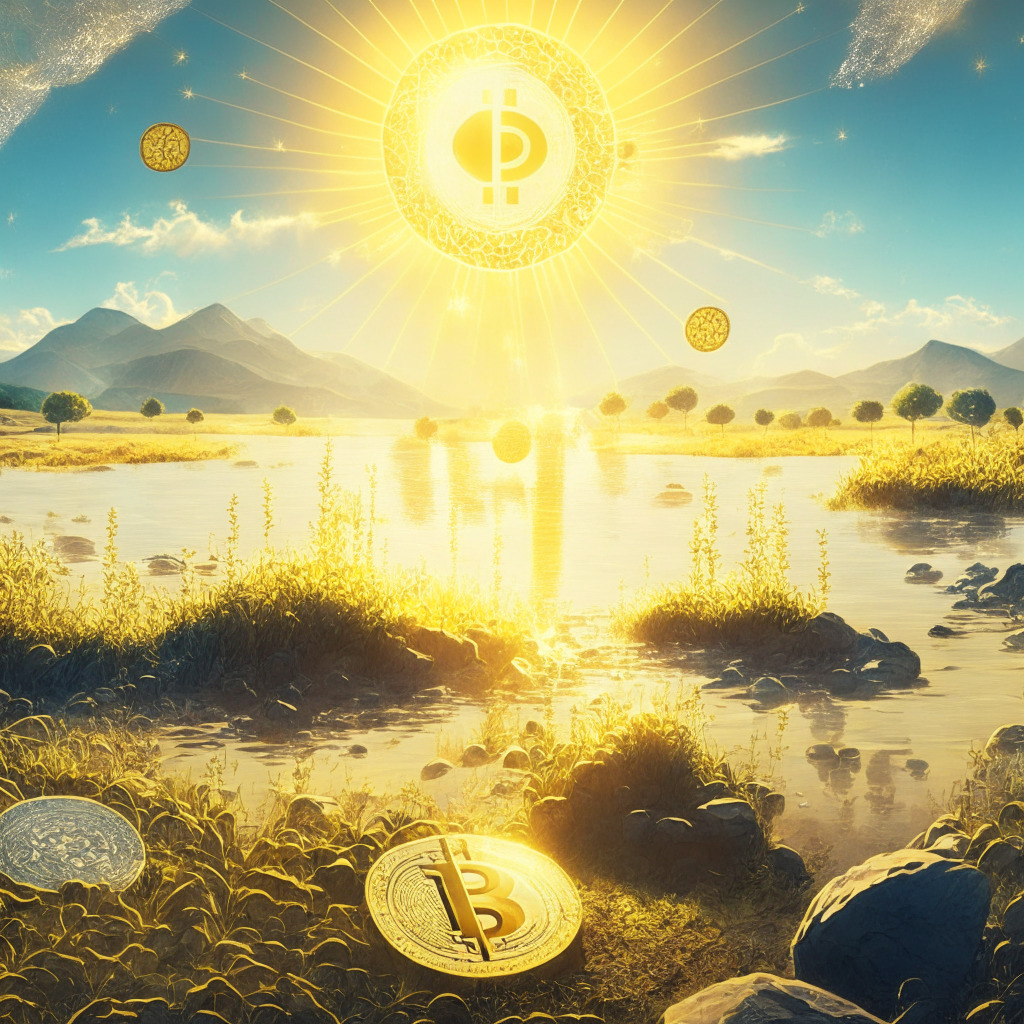The world of AI chatbots is getting more competitive, as Google’s latest update to its AI chatbot, Bard, threatens the dominance of OpenAI’s ChatGPT. Google held its annual Google I/O conference on May 10, where it introduced several upgrades to Bard, making it accessible to users in over 180 countries.
Previously, the introduction of Bard was met with some criticism when it falsely claimed that the James Webb Space Telescope took the first pictures of “exoplanets.” This led to a significant loss in value for parent company Alphabet. Despite the initial problems, Google has made significant improvements to Bard by transitioning from the LaMDA model to the new PaLM 2 model, resulting in improved performance with less computation required at inference time.
In addition to the improved model, Google has introduced different versions of Bard catered to various applications, with the lightest version, “Gecko,” suitable for smartphone integration. On the other hand, heavier versions such as Otter, Bison, and Unicorn provide more capabilities for more demanding tasks.
When comparing Bard and ChatGPT, some apparent advantages became apparent with Google’s offering. First, Bard provides more context when translating phrases that would otherwise not make sense with a literal translation. Second, Bard has the upper hand in coding support, as it supports over 20 programming languages and generates code more quickly than ChatGPT.
Internet connectivity is another significant advantage for Bard, as it can provide more up-to-date information compared to ChatGPT, which only has access to data until 2021. However, it should be noted that Bard lacks the ability to provide sources for its information, making it more challenging to verify its claims.
ChatGPT has some advantages over Bard, mainly in terms of adoption, with more users familiar with the platform and actively using it for engineering projects, tips sharing, and social adoption. However, Bard’s free availability compared to ChatGPT’s $20-per-month price tag is a significant factor that could sway users towards Google’s offering.
Both Google and OpenAI recognize the importance of these AI-powered chatbots, and they continue to develop and improve their technologies. While ChatGPT initially had the upper hand due to its early launch in September 2022, Google is not lagging, making significant strides in developing a viable competitor.
The rivalry between Bard and ChatGPT illustrates the rapid pace of AI chatbot advancements and the role companies like Google, Microsoft, and Meta play in pushing the boundaries of these technologies. As the battle continues, users can only expect improvements and innovations, ultimately leading to better tools and services powered by AI.
Source: Decrypt




